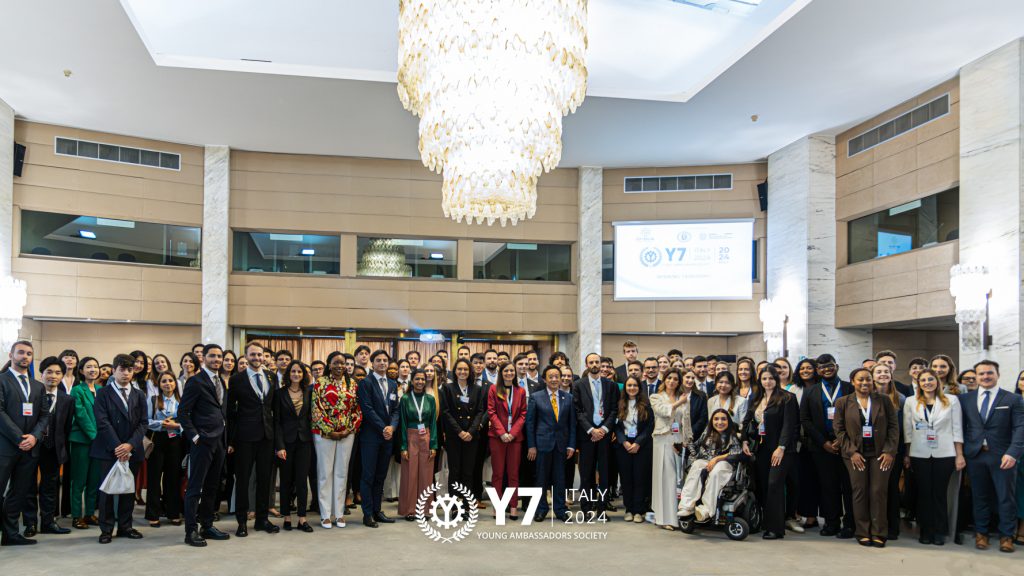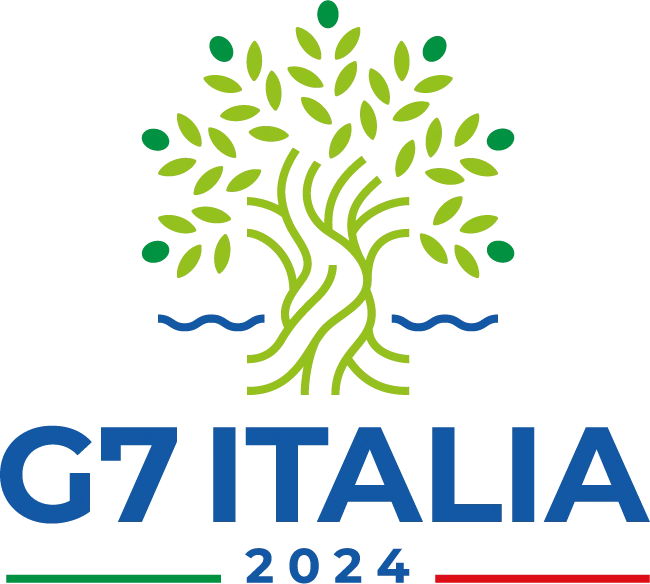Youth Leadership and Feminism
A New Paradigm for International Cooperation
Reading time: 4 min
🖊️Francesca Antonucci
Mar 2025
In an era of profound global transformations, the intersection of youth leadership and feminism is emerging as a powerful force reshaping international cooperation. As young leaders advocate for gender equality and social justice, they are redefining diplomatic and institutional frameworks to be more inclusive, equitable, and responsive to contemporary challenges.
The Role of Young Leaders in Feminist Diplomacy
Historically, international decision-making has been dominated by older, male-dominated elites, often sidelining young voices and feminist perspectives. However, in recent years, the global feminist movement has gained momentum, with young activists and policymakers pushing for systemic change. From grassroots organizations to high-level negotiations, youth-led initiatives are challenging traditional power structures and fostering gender-sensitive policies.
One prominent example is the role of young delegates in multilateral forums such as the Commission on the Status of Women (CSW) or even at the G7 and G20 levels, though official engagement groups on youth – Young Ambassador Society is indeed the official Italian delegation at these important international platforms. These programs have witnessed a surge in youth participation, demonstrating how feminist principles can be integrated into international policies. By advocating for intersectional feminism, young leaders highlight the need to address issues of race, class, and sexual orientation alongside gender equality.

YAS delegates at the Ministry of Foreign Affairs and International Cooperation during the Y7 Summit
Lessons learned from the 69th Commission on the Status of Women
This year the international community celebrates the 30th anniversary of the introduction of the Beijing Declaration and the Platform for Action. These documents signaled the centrality of gender equality to foster sustainable development, along with the Gender and Development (GAD) paradigm, which aims to integrate development processes that are equitable and respectful of human rights.
At the 69th Commission on the Status of Women (CSW69) numerous sessions, particularly the side and parallel events, emphasized the youth perspective and effectively integrated it within the broader theme of gender equality. This strong focus on the topic is noteworthy and serves as a testament to the recognized role of youth at the international level. As delegates of the Young Ambassador Society we want to share the most significant discussions and reflections proposed by inspiring activists, UN representatives and civil society.
One of the recurring themes at CSW69 was the persistent underrepresentation of women and youth in decision-making spaces, particularly in conflict resolution and security processes. This is especially striking in regions like Africa, where young people make up the majority of the population. Yet, despite their demographic significance, they remain largely excluded from key discussions. Addressing this issue requires more than just symbolic inclusion: it demands genuine decision-making power for youth with an intersectional approach.
Another major barrier to progress is the chronic underfunding of youth-led and women-led initiatives. CSW69 participants stressed the urgent need for sustained financial commitments and data-driven accountability measures to ensure that resources genuinely reach youth at the grassroots level. Without adequate financial backing, even the most ambitious policies risk becoming empty promises.
Education also emerged as a critical concern, with young activists highlighting the systemic barriers that prevent girls from accessing school. These range from long travel distances and inadequate infrastructure to the alarming rollback of educational rights in certain regions. CSW69 discussions reaffirmed that education is not merely a development goal but a fundamental human right. Its restriction—whether through legal decrees or lack of investment—constitutes a direct attack on gender equality.
Participants also emphasized the urgent need to address the stigma surrounding girls’ bodies by providing comprehensive health services, safe spaces, and menstrual products to ensure equitable access to education.

YAS delegates in a roundtable at FAO during the World Food Forum
Conclusion
All in all, a recurring theme at CSW69 was the generational dimension of gender equality struggles. Activists underscored that today’s girls are witnessing a disturbing rollback of their rights—from restrictions on reproductive health to limitations on mobility, dress, and public presence in certain regions. The discussions made it clear: young people must not be seen merely as “the future” but as active agents of change in the present, demanding a seat at the table and as activists have underlined that if the system refuses to make space for young women, they need to create their own.



